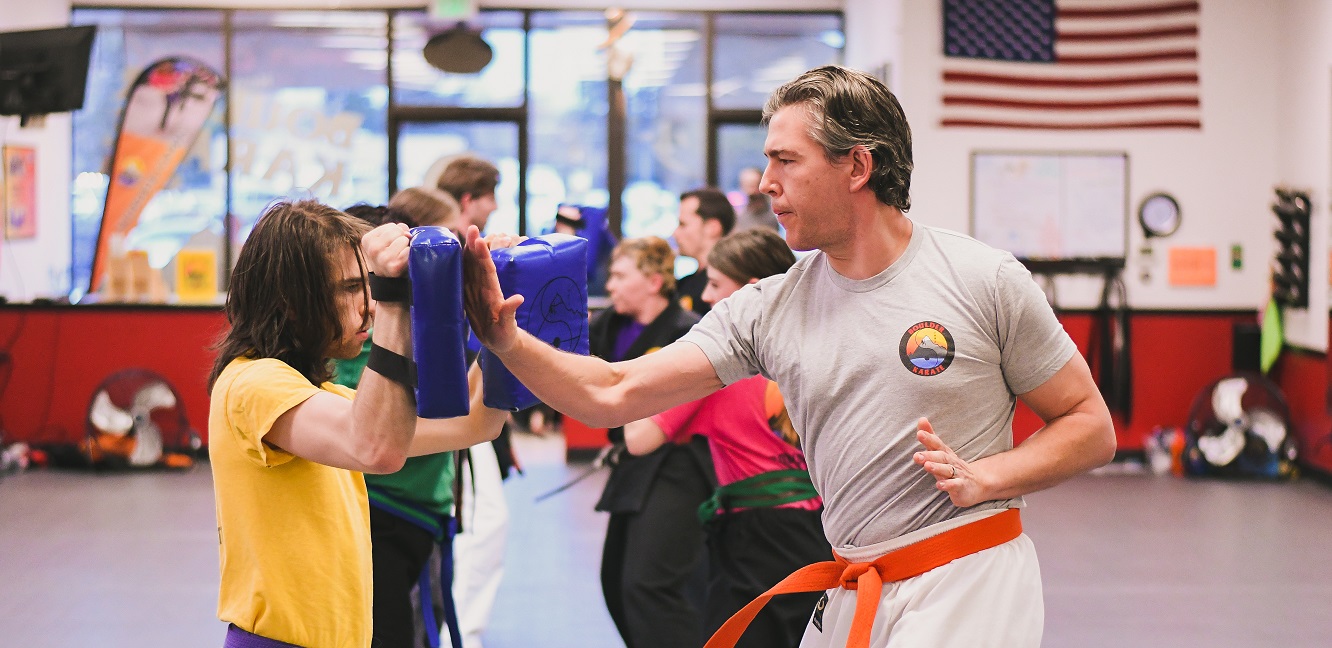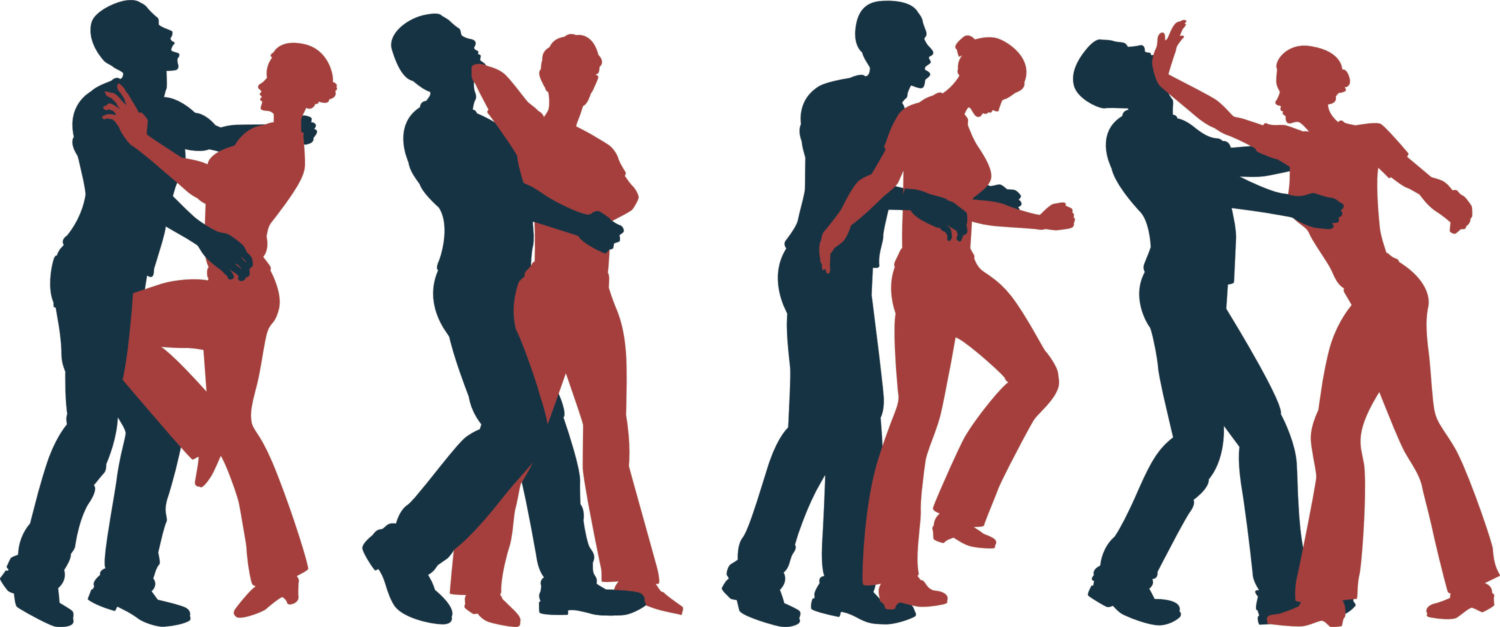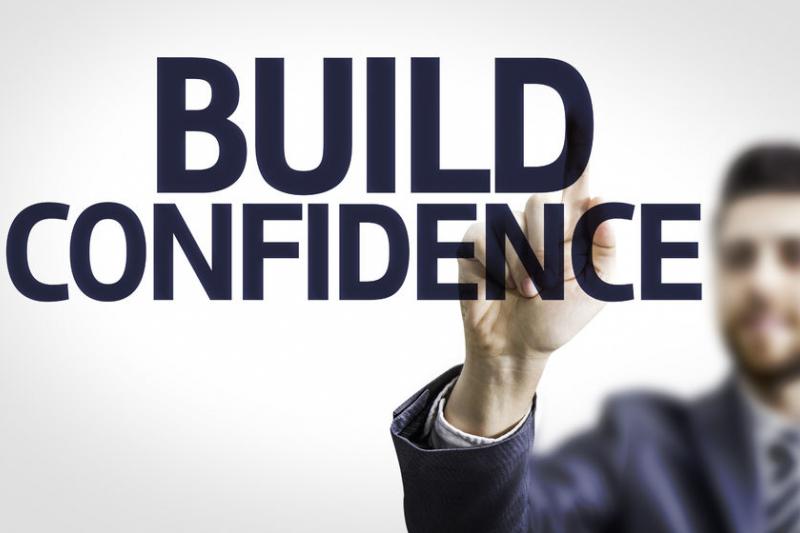They were martial arts teachers and they certainly taught self-defense as a part of their classes.
Now, this isn’t to say that most martial arts instructors don’t know their arts and the techniques and skills that come with them. No matter how hard they try, most self-defense instructors and martial arts will not be able to convince most adults that they know what they’re talking about without the experience to back it up. By all means, an instructor can, and should, continue to teach his particular style of martial art. They should also know this …
… no company, whether it’s a furniture store or a martial art school, stays
The most surprising statistic that most martial and karate arts teachers discover is the one that tells them “why most of their adult students quit shortly after enrolling.” The greatest percentage of adult dropouts from martial arts classes occurs within the first 100 days!
This has sparked some groups to investigate the reasons behind this phenomena. Surveys have been conducted both in the United States and in Canada. Additional inquiries may also have been conducted in places like Europe and Australia.
What the researchers found was, to them, incredible. They found that, by and large, the number one reason for adult students dropping out of their programs was …
… no real-world self-defense training early on in their training!
The researchers were stunned. They were martial arts teachers and they certainly taught self-defense as a part of their classes.
How could these adults say that they weren’t being taught real-world self-defense techniques?
Perhaps, the problem was not that “self-defense techniques” were or were not being taught. Because, even after these studies were conducted and karate programs started to “import” third-party self-defense packages into their product offering, adult dropouts remained high.
Maybe the problem was in perception. Maybe students just couldn’t see how the “stylized” movements of a centuries-old system could be applicable against a street attack against a stiletto or ‘Saturday Night Special’ -wielding assailant.
It’s certain that students were not hearing and seeing what they thought they should in order to believe that they were getting what they needed to survive such an attack. Even if these students don’t know what ‘that thing’ really looks like, their gut-level feeling was that, “this stuff isn’t going to work.”
Maybe the problem – what adult students are looking for – is in something even more crucial to learning self-defense against violent attackers. And maybe this “thing” was easier to identify by novices than by trained instructors who had been indoctrinated into sport systems.
Maybe what was lacking in all of these programs was something the real experts like to call …
… Experience!
Regardless of the subject, it’s fairly easy to see when someone has experience with the information they have, isn’t it? I mean, experience in actually applying that information to produce viable, proven results. As the old saying goes, “those who can – do; and those who can’t – teach.”
And, what adult students are looking for is someone who “can” AND “teach” others how they can.
Now, this isn’t to say that most martial arts instructors don’t know their arts and the techniques and skills that come with them. Most certainly do. And these people are very good at what they do.
; there is a huge difference between knowing how to ‘perform’ a skill – any skill – and being able to apply that skill in a particular context. And self-defense is no exception.
No matter how hard they try, most self-defense instructors and martial arts will not be able to convince most adults that they know what they’re talking about without the experience to back it up. Adult students are not children. They have seen far too much in their lives to let these less-than-able instructors slide.
And with the new threat of terrorism being added to the ever-present concern with crime, most adults have no desire to learn martial arts for purely ascetic reasons. They want – no, they demand – and rightly so, that the person they place their trust in, not to mention their very lives, knows what he or she is doing.
What’s an instructor to do if he or she lacks actual real-world experience? Should they rush right out and get into a few fights? Should they go hang out in the seedier side of town and wait to be mugged, raped, or beaten?
No, of course not. They can, like their students, go in search of real experts – people who have “been there” and who can help them learn what they need to know in order to help the people who come to them for this type of knowledge.
Of course, this may require that they suck in their pride and get a check on the old ego. As everyone knows who has been in an actual violent confrontation with a dangerous attacker, you need to “check your ego at the door” if you’re going to survive.
Teaching self-protection skills to others is a huge responsibility. And one perhaps that’s too great for a lot of people who are teaching for purely personal reasons.
There is another option available, however; just in case the primary one is totally unacceptable. If they’re not qualified, and that option is simply to …
… stop trying to teach self-defense.
By all means, an instructor can, and should, continue to teach his particular style of martial art. He should stop trying to convince intelligent, grown adults, that he knows what he’s talking about with regards to surviving a violent attack if he doesn’t.
Most martial arts instructors teach honesty as one of the major tenets and character traits of a black belt master and leader. Wouldn’t this be the “honest” thing to do?
The moral here is that, if a martial arts or karate teacher wishes to teach self-defense – if he or she wants to get and retain adult students looking for this type of training for the long-term, they really have no choice but to do what they must.
They, like every other information-based professional, are in business to provide a service. They must decide what that service is and whether or not it includes real-world self-protection against violent attackers who don’t follow the rules of fairness and respect found in martial arts schools and karate tournaments.
They should also know this …
… no company, whether it’s a furniture store or a martial art school, stays in-business very long if it can’t give its customers what they need and want. Their students and clients may never tell them that they don’t believe or trust them. Rest assured that if they’re not getting what they’ve paid for, they’re gone.
As a final thought, and one that I live by. What if, some day, “I” must depend on one of my students to protect me from a dangerous assailant for whatever reason. Wouldn’t I want to make sure that what he or she learned was really going to work?







